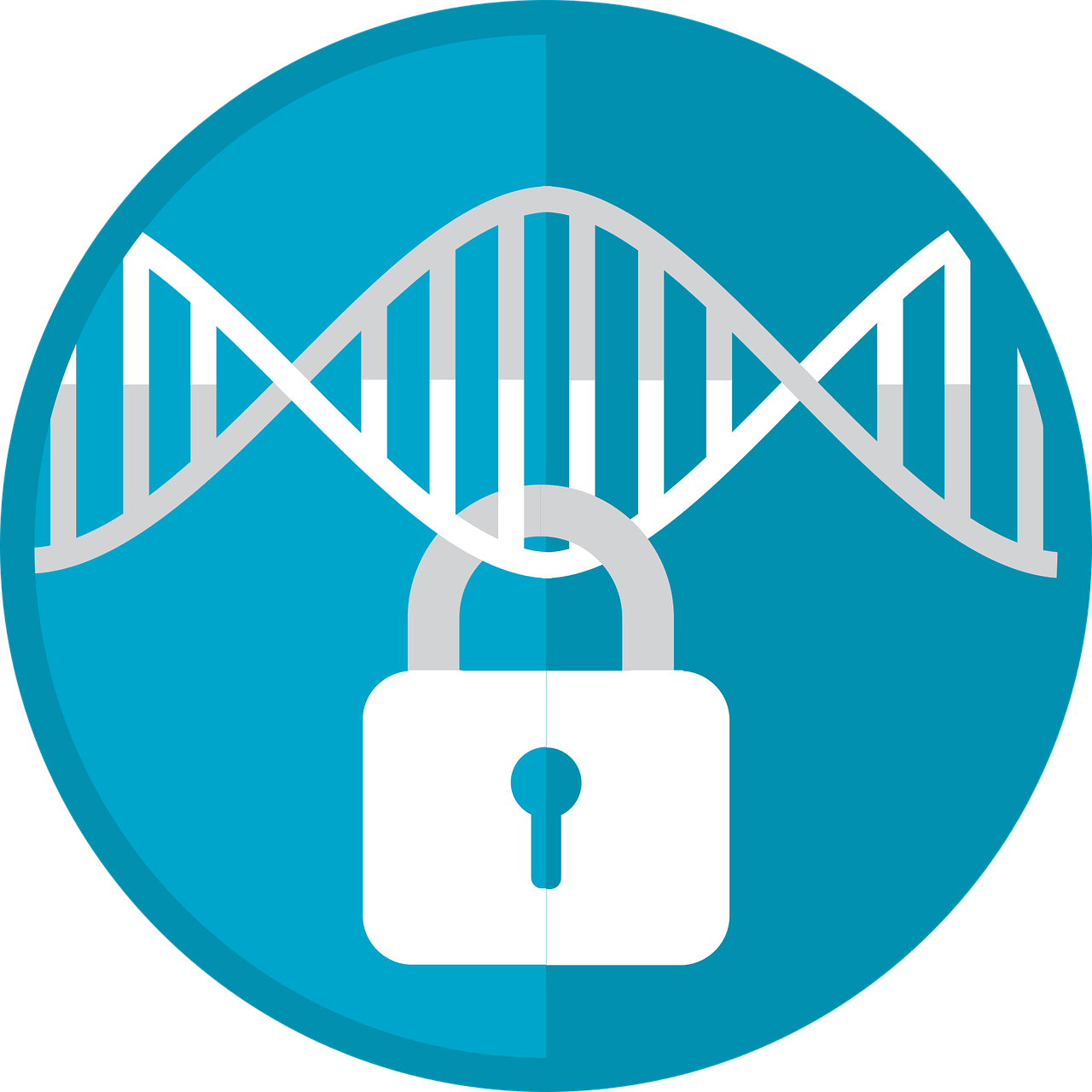Is a Logic Controller the Same as a PLC?
Logic controllers and PLCs are both industrial automation devices used to control the operations of manufacturing processes. However, there are key differences between the two. PLCs, or Programmable Logic Controllers, are more versatile and flexible devices that can be programmed to perform a wide range of tasks, including counting, timing, and arithmetic operations. In contrast, logic controllers are more specialized devices that can only perform basic logical operations, such as AND, OR, and NOT. PLCs also have built-in diagnostic functions and communication capabilities, making them more suitable for modern industrial automation applications. In addition, PLCs are easier to reprogram and upgrade than logic controllers, allowing for quicker adaptation to changing manufacturing requirements.
In the world of industrial automation, logic controllers and PLCs (Programmable Logic Controllers) play crucial roles. However, there are fundamental differences between the two that this article aims to explore.
What is a Logic Controller?
A logic controller is an electronic device designed to receive inputs, process them according to preset conditions, and then activate outputs. It is programmed to perform specific tasks such as managing the on/off states of machines, controlling the flow of materials, or monitoring processes. The logic controller's functionality is fixed and does not change once it is programmed. It is used in simple to complex applications, especially those involving sequence control, timing, and basic logic functions.

What is a PLC?
A PLC is a specialized computer used in industrial automation. It is designed to interface directly with industrial equipment and processes. PLCs are famous for their ability to process digital signals, perform logic operations, count, and time. They can also be reprogrammed to meet changing needs, allowing for flexibility in industrial processes. PLCs are used in applications like process control, machine automation, and robotics.
Key Differences
1、Functionality: Logic controllers typically offer fixed functionality, meaning they can only perform the tasks they were programmed for at the time of purchase. PLCs, on the other hand, are highly flexible and can be reprogrammed to meet changing industrial requirements.
2、Performance: PLCs are generally more powerful than logic controllers due to their use of microprocessors. This allows PLCs to handle more complex tasks and process data at much faster speeds.
3、Communication: PLCs support a wide range of communication protocols, making them easily integrable with other industrial devices and systems. In contrast, logic controllers usually have limited communication capabilities.
4、Cost: Logic controllers are often less expensive than PLCs, especially for simple applications. However, as the complexity of the application increases, the cost of a PLC may become more advantageous due to its reprogrammability and enhanced functionality.

5、Reliability: Both PLCs and logic controllers are highly reliable devices, but PLCs tend to have a higher mean time between failures (MTBF) due to their use of solid-state technology.
Applications
Logic controllers excel in simple, repetitive tasks, such as those found in manufacturing lines or basic process control scenarios. They are commonly used in applications where cost is a significant factor and reconfiguration is not often required.
PLCs, on the other hand, are found in more complex environments, particularly those that require rapid response times or frequent changes to the control algorithm. They are prevalent in applications like robotics, process control, and machine tools, where their reprogrammable nature is highly advantageous.
Conclusion
Although both logic controllers and PLCs play vital roles in industrial automation, it is clear that they serve different purposes and have distinct features. The choice between the two depends on the specific requirements of the application, such as budget, complexity, and the need for flexibility.
Articles related to the knowledge points of this article:
PLC Sequential Controllers: Understanding Their Role in Modern Automation
PLC Fan Controller Functionality